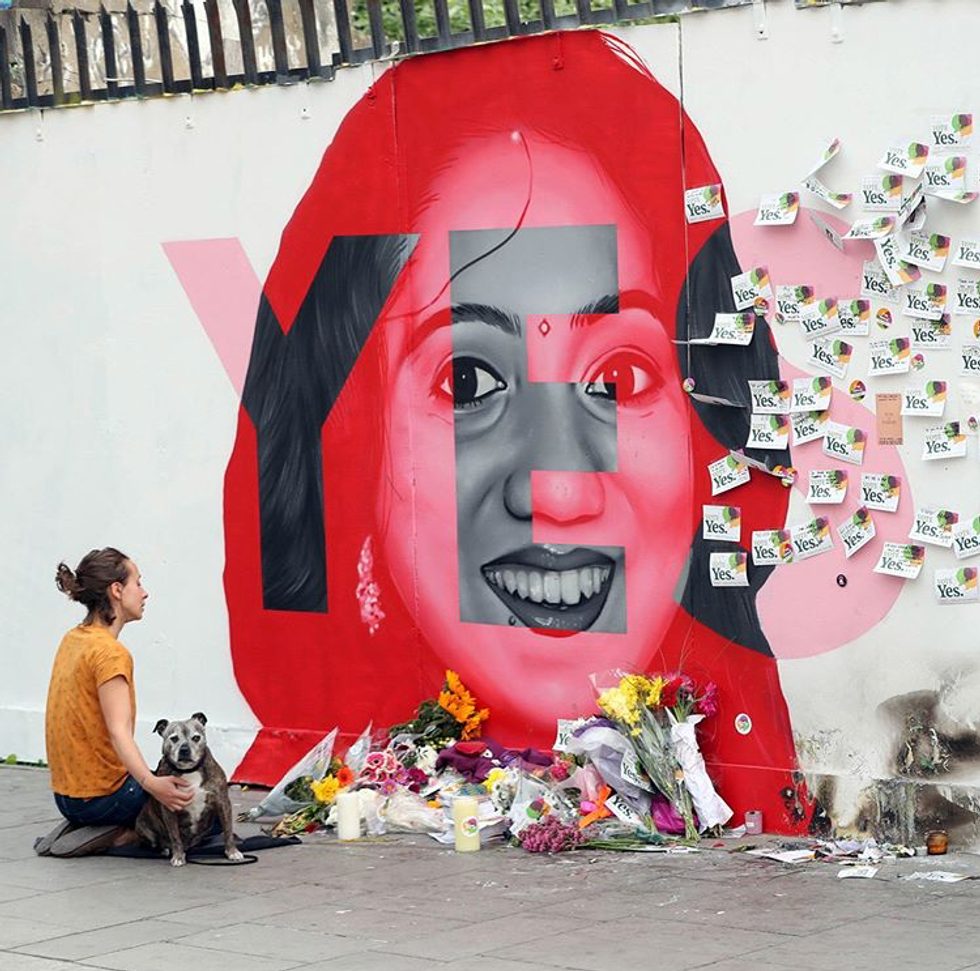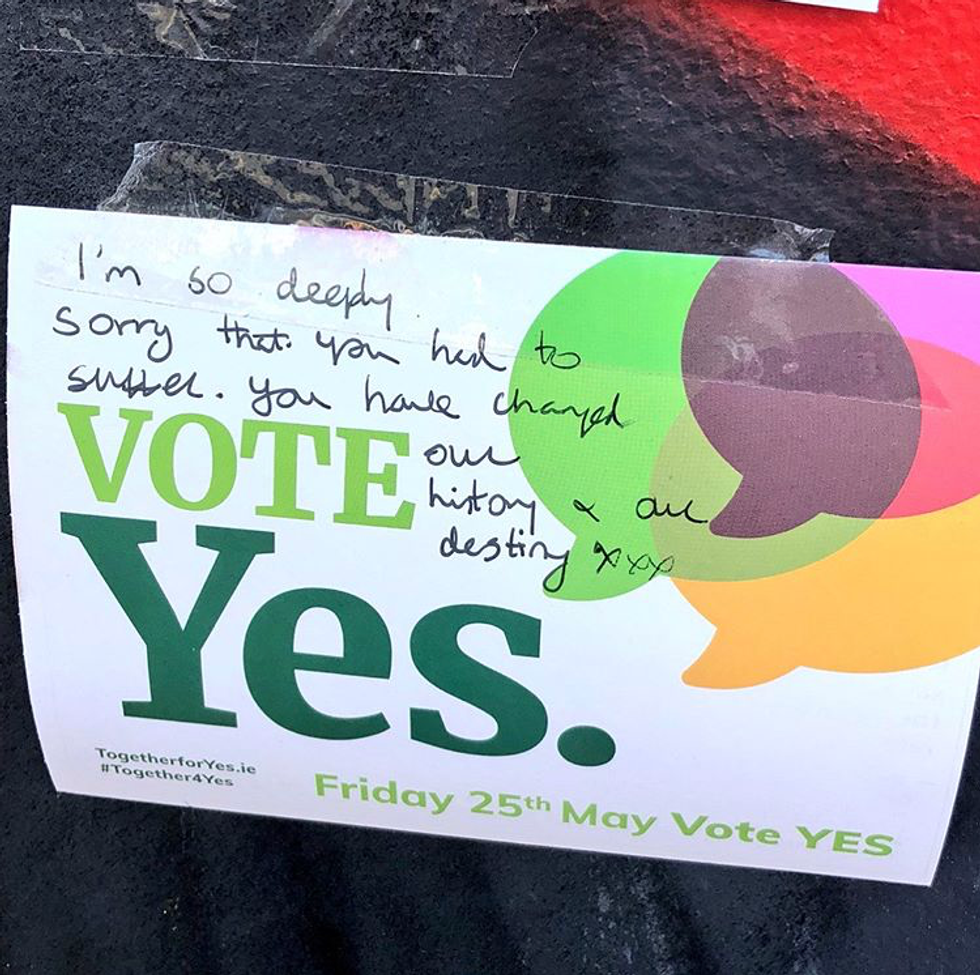On May 26, 2018, the people of Ireland voted to repeal the abortion law that has been implemented in the country for decades. This decision is incredibly momentous in not only the history of Ireland, but the future of abortion laws across the entire world.
The Catholic religion has dictated most of Ireland's government and society for generations, making the country one with core conservative values. Despite this, Ireland has become increasingly liberalized throughout the 21st century. In 2015, Ireland was the first country in the world to legalize same-sex marriage based on the popular vote of the public. This came as a surprise to many people, as most Irish people identify as Catholic, but it created a "trend" in the church having less authority over the Irish public.
Even though Ireland is in the process of becoming a more liberal country, how is it possible that there were enough voters to ban arguably the strictest abortion law in the world? All it took was the story of one woman's death due to a forced miscarriage.
Indian dentist Savita Halappanavar was a 31-year-old woman who was unfortunately going to endure a miscarriage, as told by her doctors. Halappanavar went to a hospital in Galway, Ireland to request an abortion, as she knew there was no way she would deliver a living child.
The hospital denied her access to an abortion, leaving her to deal with the miscarriage on her own. Halappanvar began to show signs of sepsis, for which she was admitted into the hospital once more. The symptoms began to worsen during her admission, and she later died due to cardiac arrest from the sepsis.
The abortion ban was the direct cause for the death of Savita Halappanavar.
The ban so strict that not even instances of rape or incest would be acceptable for an abortion to happen. The tragic story of Halappanavar sparked a fire in Ireland that defied all of the political odds. When the campaign to end the abortion law went public, Halappanavar was a symbol of change and her story inspired the majority of the Irish public to repeal the law.
The results of the vote were truly astounding: 66.4 percent of the people voted against the ban, leaving just 33.6 percent of the people for the ban. This landslide vote will serve as a symbol of change throughout the world because of Ireland's history of being against abortion and other actions that do not follow the Catholic religion.
By seeing that even a country as conservative as Ireland end its abortion ban, other countries and their citizens will be more inclined and feel less "guilty" when repealing their own abortion laws. It will also show other countries that are not affiliated with any religion or party that banning abortion is not modern or acceptable anymore.
Even though it essentially took the death of an innocent woman to catalyze the end of the abortion ban, Ireland and the rest of the world are on the right track to protecting women and their human right to choose what they want to do with their bodies.





















